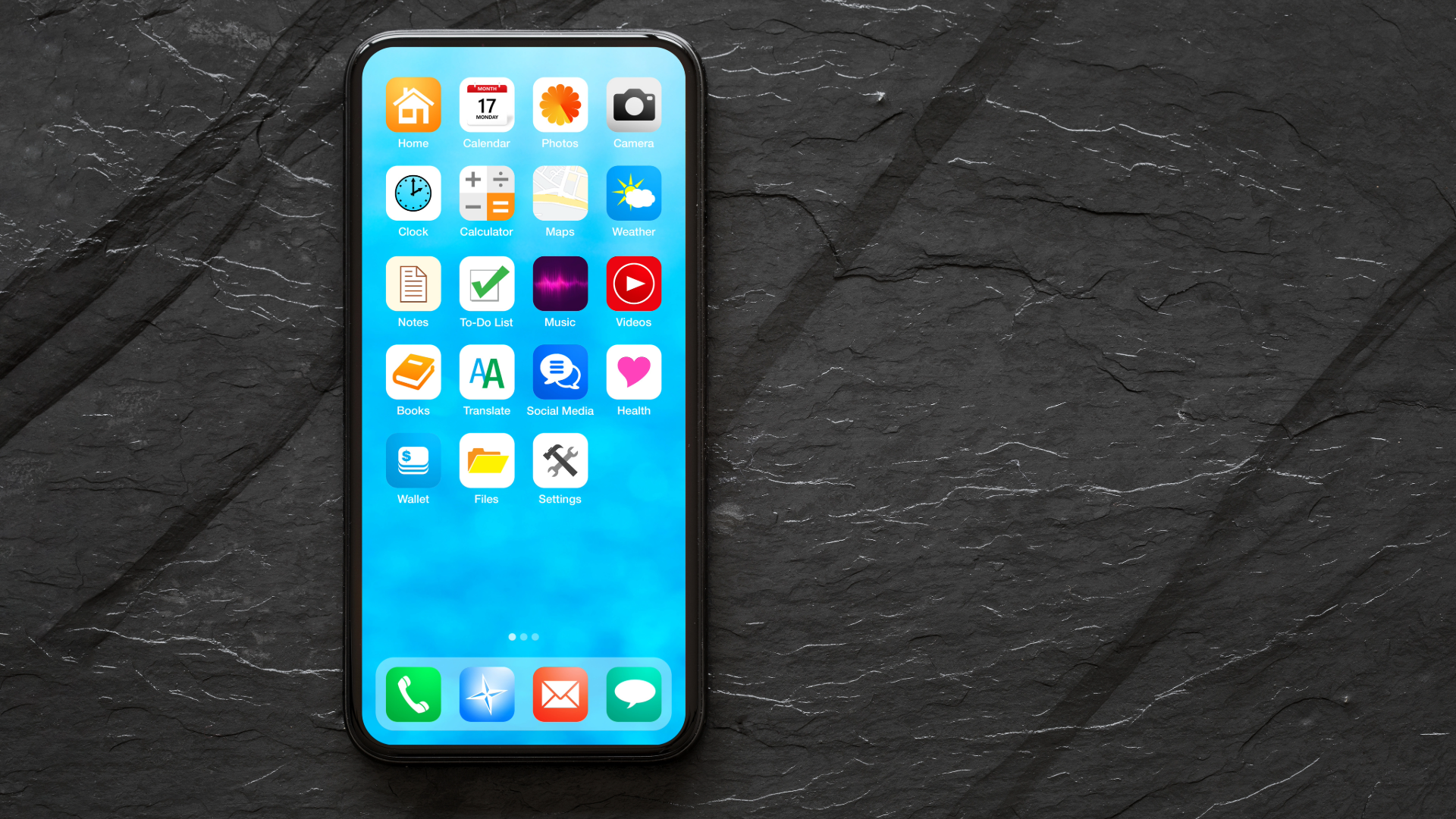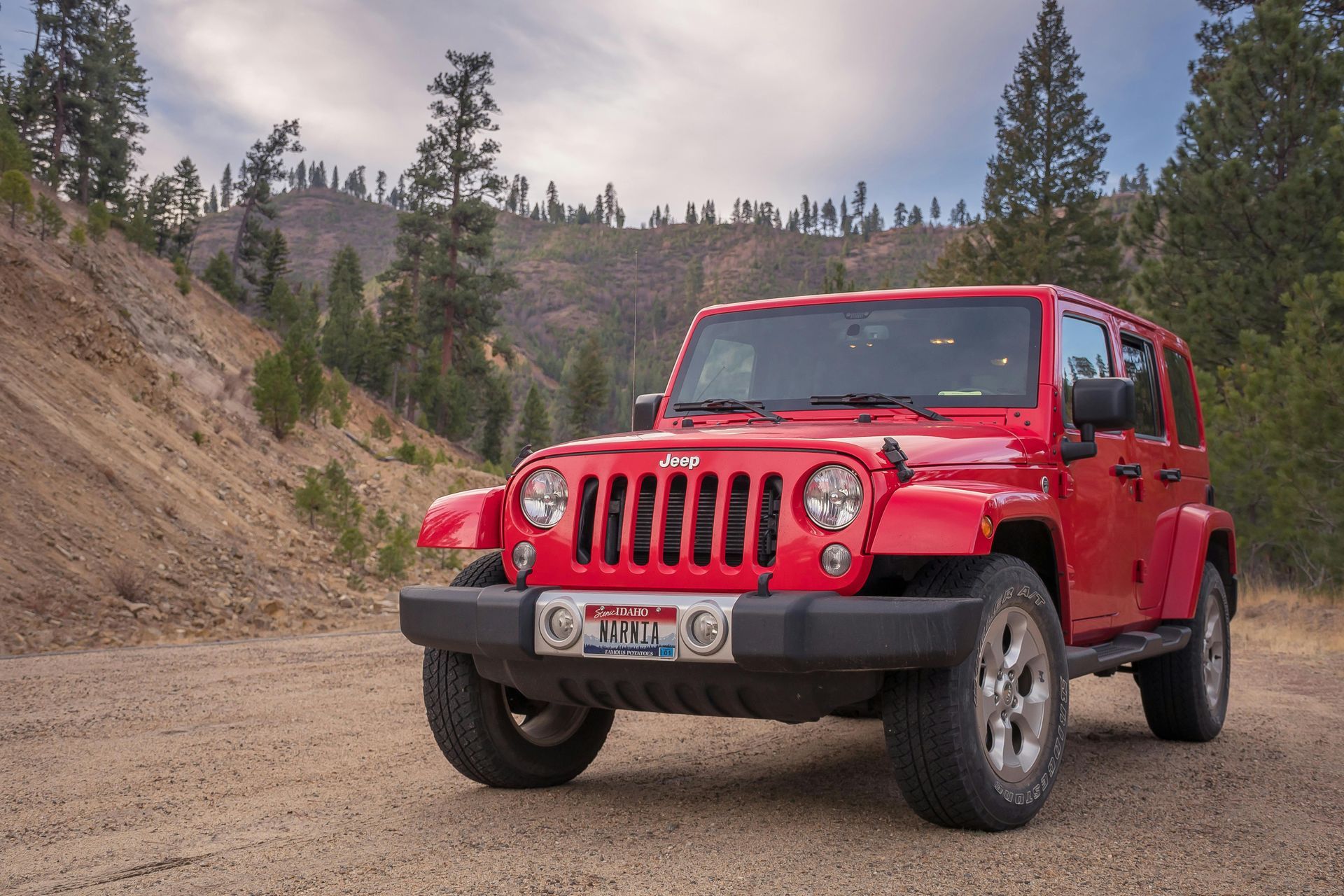Small Businesses That Need General Liability Insurance
Justin Sonon • August 25, 2025
Learn why your business may need general liability insurance

Small Businesses That Need General Liability Insurance
(And Why It’s Not Just for “Big Shots”)
Running a small business is exciting—until you realize one spilled cup of coffee, one wobbly step, or one “oops” moment can send your bank account into witness protection. That’s where General Liability Insurance
comes in. Think of it as your business’s bodyguard.
So, who really needs it?
(Spoiler: pretty much everyone.)
1. Coffee Shops & Cafés
You serve lattes. Someone trips on their way to grab a biscotti. Suddenly, that $3 snack could cost you thousands in medical bills. Liability insurance keeps your espresso dreams alive.
2. Retail Shops & Boutiques
Selling candles, clothes, or quirky knickknacks? If a customer slips on your floor or claims your product caused damage, liability coverage steps in before you max out your credit cards.
3. Contractors & Handypeople
Fixing sinks, building decks, or painting houses? If a ladder tips, paint spills, or someone claims “you broke it instead of fixing it”, liability insurance is your safety net.
4. Fitness Trainers & Studios
Helping people get in shape is awesome—until someone twists an ankle mid-burpee and looks at you like it’s your fault. Liability coverage provides you with peace of mind.
5. Professional Service Providers
Consultants, photographers, event planners—if clients are coming to you (or you’re showing up at their place), accidents can and do happen. Liability insurance keeps a small mishap from turning into a big courtroom drama.
What's The Bottom Line?
If your business interacts with people (and unless you’re a hermit selling rare stamps online, it probably does), general liability
insurance isn’t optional, it’s essential.
It protects your business’s future so you can focus on what you do best: serving your customers, growing your dream, and maybe even enjoying that latte without worrying about lawsuits.
👉 Need coverage that fits your business? Click here
to get a quote or instantly get protected.
Recent posts

Will Your Auto or Home Insurance Cover Your Mobile Device or Computer? Our phones and laptops aren’t just gadgets anymore, they’re lifelines. From handling business on the go to streaming that must-watch series at night, they’re practically extensions of ourselves. But what happens when the unexpected occurs? A drop, a theft, a spilled cup of coffee, will your auto or home insurance policy swoop in to save the day? Let’s break it down. Home Insurance & Your Tech Good news! Most homeowners and renters insurance policies can cover personal electronics like smartphones, tablets, and computers, at least up to policy limits. Theft or Fire : If your laptop is stolen from your home or damaged in a covered event like a house fire, your policy may reimburse you. Vandalism & Certain Storms : Same deal here. If your tech is damaged by something your policy specifically lists as covered, you’re in luck. But here’s the potential issue: coverage is usually subject to your deductible. If you have a $1,000 deductible and your device is worth $800, you might be out of pocket. 💡 Pro Tip: Ask your agent about scheduled personal property coverage or a rider, these can give your devices extra protection (and sometimes lower deductibles). Auto Insurance & Your Devices This one surprises people. If your phone or laptop is stolen from your car, your auto policy generally doesn’t cover it. Instead, it would fall back to your homeowners or renters insurance. However, your auto insurance can play a role if your car itself is damaged and your devices are harmed in the process. Example: a covered accident shatters your windshield and your laptop sitting in the passenger seat gets smashed. Some policies may extend limited coverage for items damaged inside the vehicle. Still, it’s not the main player here, think of your car insurance as handling the car first and foremost. What’s Not Typically Covered Accidental Damage (a.k.a. Clumsy Drops) : Most standard home or renters insurance won’t pay out if you drop your phone in the pool. Wear & Tear : If your laptop battery dies from age, that’s on you. Manufacturer Defects : That’s what warranties or protection plans are for. How to Make Sure You’re Protected Inventory Your Devices : Keep a running list (and receipts if you have them). Check Your Policy Limits : Electronics often have sub-limits that cap coverage. Consider Add-Ons : Riders or endorsements can provide stronger coverage for today’s high-ticket devices. Device Protection Beyond Your Plan While you’re safeguarding your tech, why not protect how you carry it? If you’re in the market for premium, durable, stylish leather accessories, check out our office favorites and get our exclusive 10% discount - Andar – Handcrafted Wallets & Tech Accessories These items don’t replace insurance, but they make sure your phone or computer travels in style and gets treated like the valuable gear it is. The Sonon Insurance Takeaway Insurance is about more than protecting the big stuff like your car or home, it’s also about safeguarding the tools that keep your everyday life running smoothly. If you rely on your devices (and who doesn’t?), make sure your coverage fits your lifestyle. At Sonon Insurance, we’ll walk you through what’s covered, what’s not, and how to fill in the gaps so your laptop or phone doesn’t leave you stranded in the digital stone age. ✅ Affiliate Disclosure & Legal Stuff We want to be transparent: some of the product links in this post are affiliate links—meaning Sonon Insurance may earn a commission if you click through and make a purchase. This comes at no extra cost to you, and we only promote products we genuinely believe will provide value. We’re not responsible for warranties, returns, or damage once the product is in your hands—any such policies come from the product brand itself.

Gap Insurance: Dealer Add-On vs. Auto Insurance Policy — Which Is the Smarter Choice? Buying a new car is exciting, but it also comes with financial risks. The moment you drive off the lot, your vehicle starts to depreciate in value. If your car is ever totaled or stolen, your standard auto insurance typically pays out the actual cash value, not the balance left on your loan or lease. That’s where Gap Insurance comes in. Short for Guaranteed Asset Protection, it covers the “gap” between what your vehicle is worth and what you still owe your lender. Why You’ll Hear About Gap Insurance at the Dealership When you’re finalizing your purchase, the finance manager often offers Gap Insurance as an add-on. Convenience : You can roll it right into your financing paperwork. Cost : This convenience comes at a price. Dealers typically charge $400– $900 as a one-time fee, and because it’s financed, you’ll also pay interest on it. Commitment : Once it’s bundled into your loan, you’re locked into that cost even if your balance drops faster than expected. For example: if you buy a $30,000 SUV and total it a year later when it’s worth only $24,000, but you still owe $28,000, the dealer’s Gap Insurance would cover the $4,000 difference. Useful—but not always cost-effective. Gap Insurance Through Your Auto Insurance Policy What many car buyers don’t realize is that they can add Gap Insurance directly to their auto insurance policy. Lower Cost : Most carriers charge just $20–$40 per year for the same protection. Flexibility : You can add or remove the coverage as your loan balance changes. Same Protection : It covers the same difference between your loan and your vehicle’s actual cash value. In the SUV example above, adding Gap Insurance through your policy would provide the same $4,000 protection—but at a fraction of the cost. Which Option Is Best? If you like convenience and don’t mind paying more, the dealership option works. If you want long-term savings, adding Gap Insurance to your auto policy is almost always the smarter financial choice. At Sonon Insurance , you can explore whether adding Gap Insurance to your auto policy makes more sense for your wallet. Because protecting your vehicle, and your finances, shouldn’t cost more than it has to.

